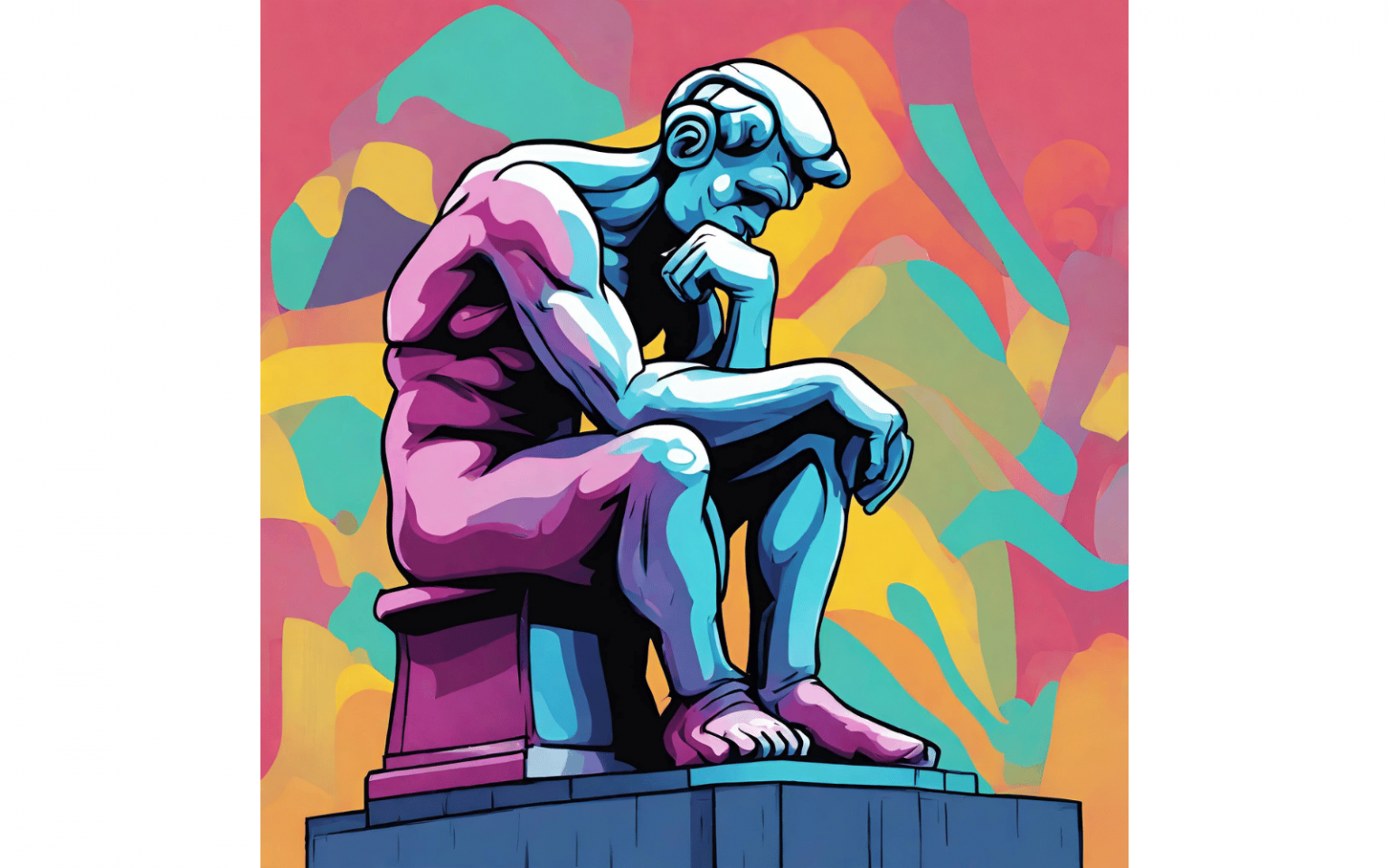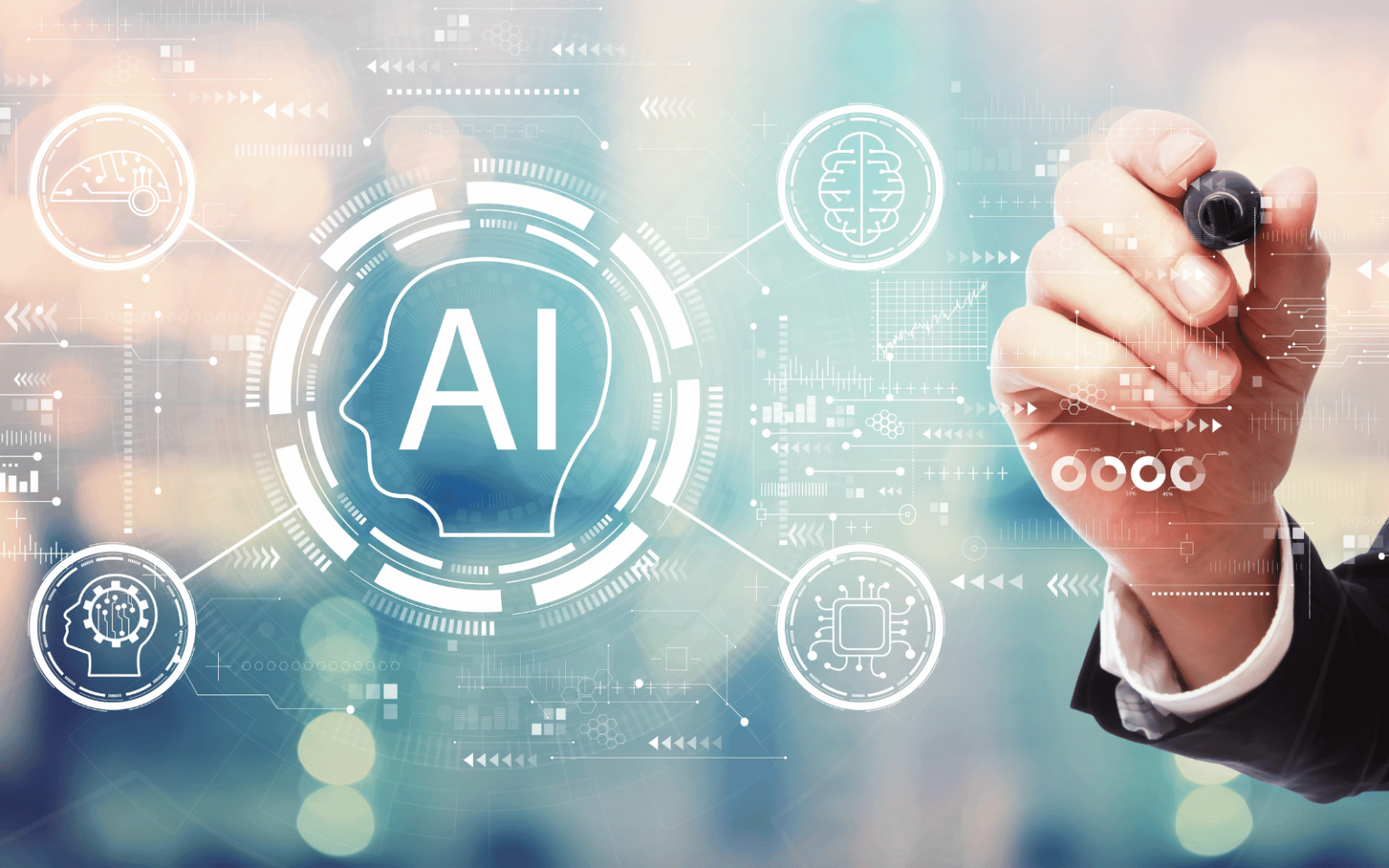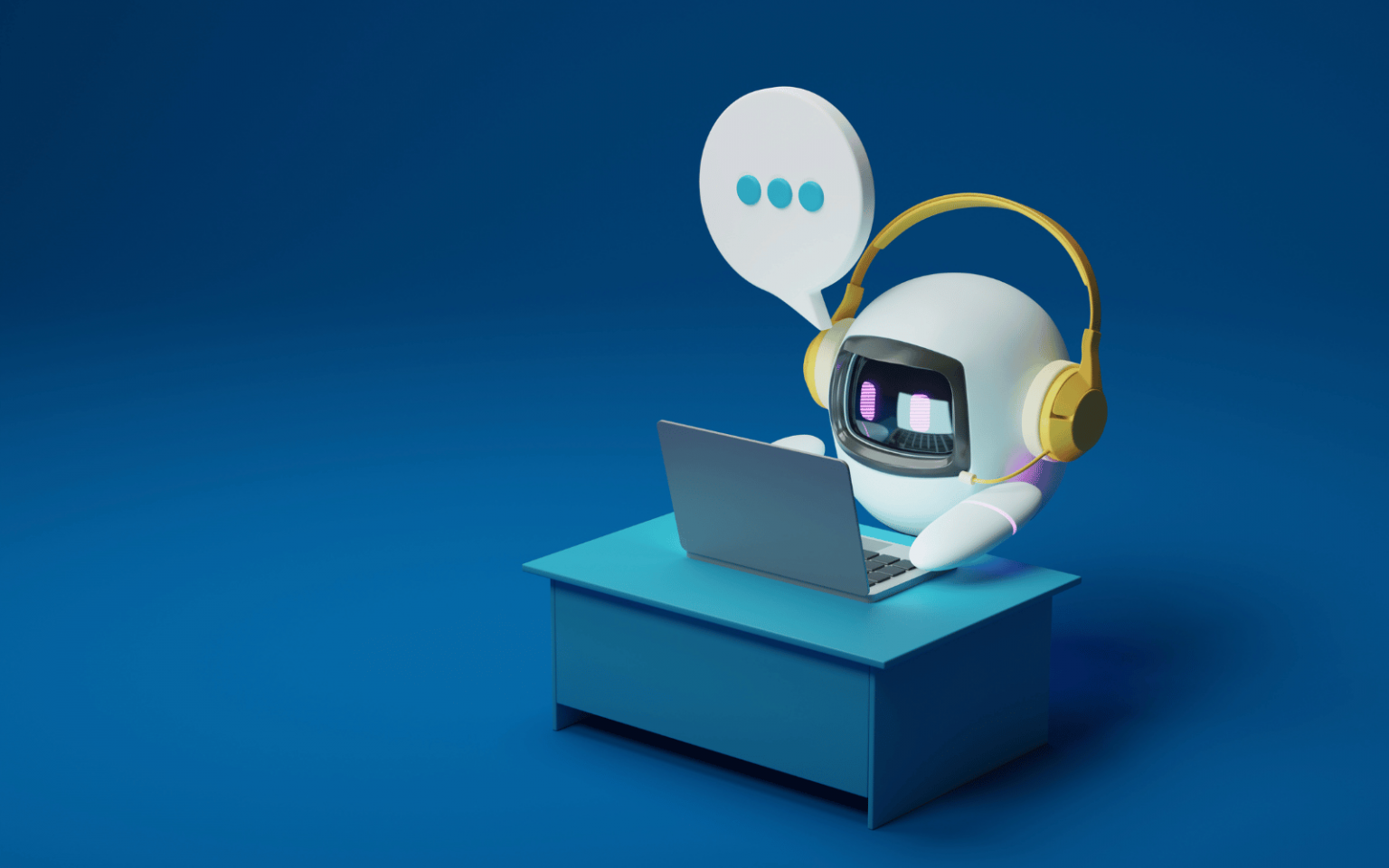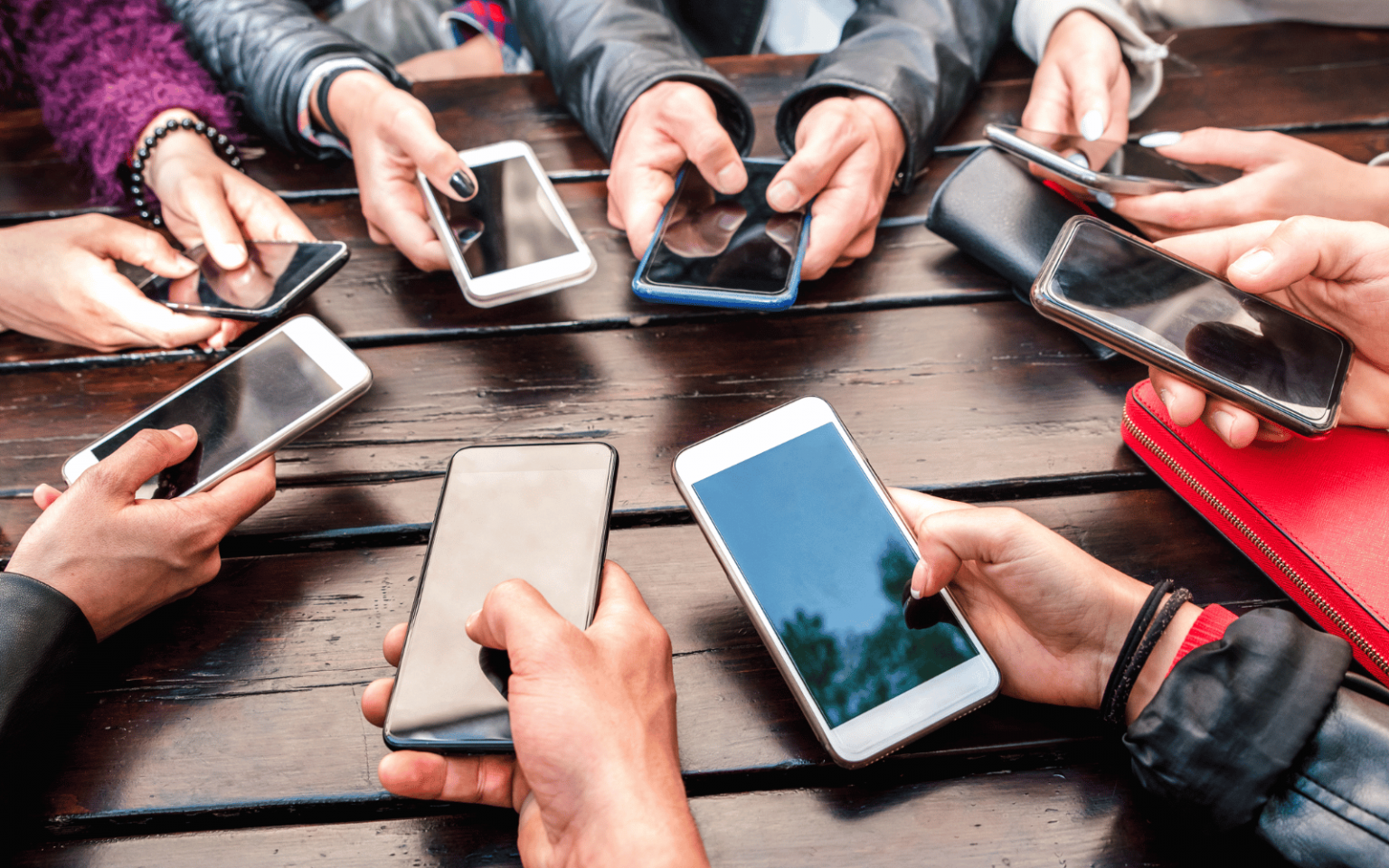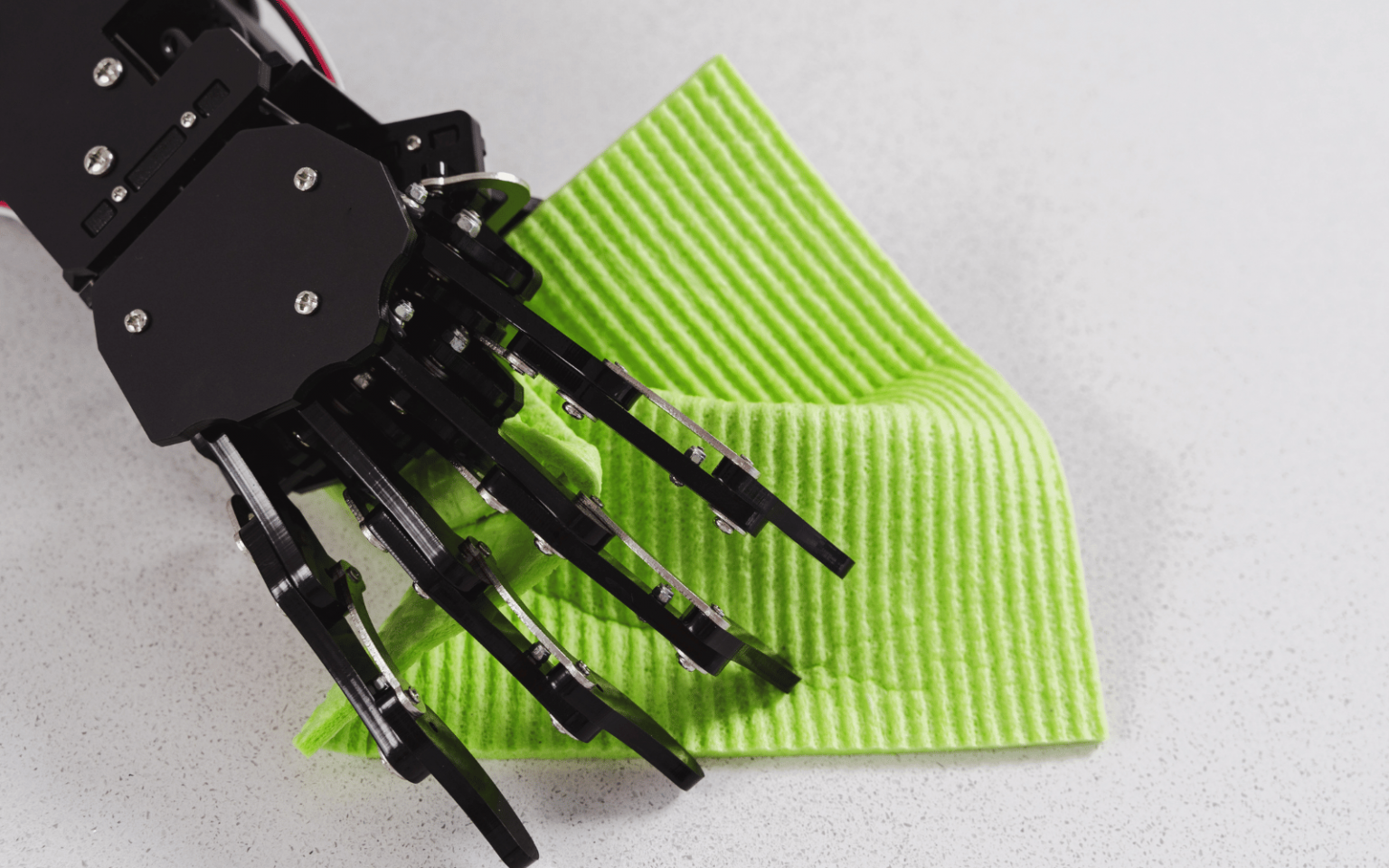When I was a child in the 1970s, seeing a satellite pass overhead in the night sky was a rare event. Now it is commonplace: sit outside for a few minutes after dark, and you can’t miss them. Thousands of satellites have been launched into Earth orbit over the past decade or so, with tens of thousands more planned in coming years. Many of these will be in “mega-constellations” such as Starlink, which aim to cover the entire globe. These bright, shiny satellites are putting at risk our connection to the cosmos, which has been important to humans for countless millennia and…
Author: The Conversation
Information is a valuable commodity. And thanks to technology, there are millions of terabytes of it online. Artificial intelligence (AI) tools such as ChatGPT are now managing this information on our behalf – collating it, summarising it, and presenting it back to us. But this “outsourcing” of information management to AI – convenient as it is – comes with consequences. It can influence not only what we think, but potentially also how we think. What happens in a world where AI algorithms decide what information is perpetuated, and what is left by the wayside? The rise of personalised AI Generative AI tools are built on models…
It’s unlikely to be a bad omen, but NASA’s mission Psyche is currently due to launch on Friday 13 October. Lifting off at 10.19 EDT on a SpaceX Falcon Heavy rocket, it faces a perilous journey and isn’t scheduled for arrival at its namesake asteroid, 16 Pscyhe, until 2029. Asteroid 16 Psyche (meaning “soul” in Greek) was discovered in 1852 and is named after an ancient Greek princess who married Eros (the namesake of another asteroid). It orbits the Sun in the main asteroid belt between Mars and Jupiter, at approximately three times the distance from the Sun as Earth.…
There are risks and harms that come with relying on algorithms to make decisions. People are already feeling the impact of doing so. Whether reinforcing racial biases or spreading misinformation, many technologies that are labelled as artificial intelligence (AI) help amplify age-old malfunctions of the human condition. In light of such problems, calls have been made to create a new human right against being subject to automated decision-making (ADM), which the UK Information Commissioner’s Office (ICO) describes as “the process of making a decision by automated means without any human involvement”. Such systems rely on being exposed to data, whether factual, inferred, or created via profiling. But…
The UK has experienced several terrorist attacks, from the 2005 London bombings, to the devastating events at Manchester Arena and London Bridge in 2017. These tragic incidents not only resulted in the loss of innocent lives but were also immensely challenging for emergency response teams. Each of these events required coordination between several different emergency services: the police, fire services and medical teams. Combining expertise across emergency response teams is extremely demanding. For instance, the ability to collaborate effectively and make ethical choices is crucial for minimising harm and saving lives. However, there’s often little time in which to do so. Responders are required…
AI technology is developing rapidly. ChatGPT has become the fastest-growing online service in history. Google and Microsoft are integrating generative AI into their products. And world leaders are excitedly embracing AI as a tool for economic growth. As we move beyond ChatGPT and Bard, we’re likely to see AI chatbots become less generic and more specialised. AIs are limited by the data it’s exposed to in order to make them better at what they do – in this case mimicking human speech and providing users with useful answers. Training often casts the net wide, with AI systems absorbing thousands of books and web…
In a ringing judgment for the right to privacy, the South African Constitutional Court declared sections of the country’s main communication surveillance law unconstitutional in February 2021. The court gave Parliament three years to pass a new law remedying the areas of unconstitutionality. The February 2024 deadline for these amendments is looming fast. The Regulation of Interception of Communication and Provision of Communication Related Information Act (Rica) was intended in part to protect privacy, combat crime and promote national security. It requires all cellphone sim cards in the country to be registered, and prohibits interception of people’s communications without their consent, except…
Twenty years ago, nanotechnology was the artificial intelligence of its time. The specific details of these technologies are, of course, a world apart. But the challenges of ensuring each technology’s responsible and beneficial development are surprisingly alike. Nanotechnology, which is technologies at the scale of individual atoms and molecules, even carried its own existential risk in the form of “gray goo.” As potentially transformative AI-based technologies continue to emerge and gain traction, though, it is not clear that people in the artificial intelligence field are applying the lessons learned from nanotechnology. As scholars of the future of innovation, we explore these parallels in…
Domestic work is vital for society to function. Meals need to be cooked, clothes and homes cleaned, and people need to be cared for. These tasks take time and, generally speaking, are not shared equally within households. Some of these tasks are now becoming automated. This could benefit gender equality, but we also need to monitor some of the risks. Women continue to do more unpaid domestic work than men in most households. Yet the extent of gender inequality when it comes to domestic work varies between societies. Time spent on household tasks can come with a price: doing more than your…
In 2020, Oxford-based philosopher Toby Ord published a book called The Precipice about the risk of human extinction. He put the chances of “existential catastrophe” for our species during the next century at one in six. It’s quite a specific number, and an alarming one. The claim drew headlines at the time, and has been influential since – most recently brought up by Australian politician Andrew Leigh in a speech in Melbourne. It’s hard to disagree with the idea we face troubling prospects over the coming decades, from climate change, nuclear weapons and bio-engineered pathogens (all big issues in my view), to rogue AI and large…


